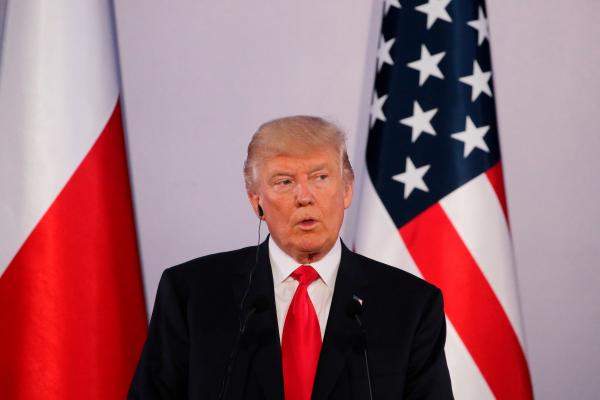Jul 7, 2017
The United States is exhibiting all the symptoms of a nation in a death spiral. We see the evidence everywhere, but the crisis extends beyond the U.S. I don’t agree with Donald Trump very often, but he’s right about one thing. At the beginning of his European trip, he said in Poland, “The fundamental question of our time is whether the West has the will to survive."
Read the Full Article

Already a subscriber? Login
